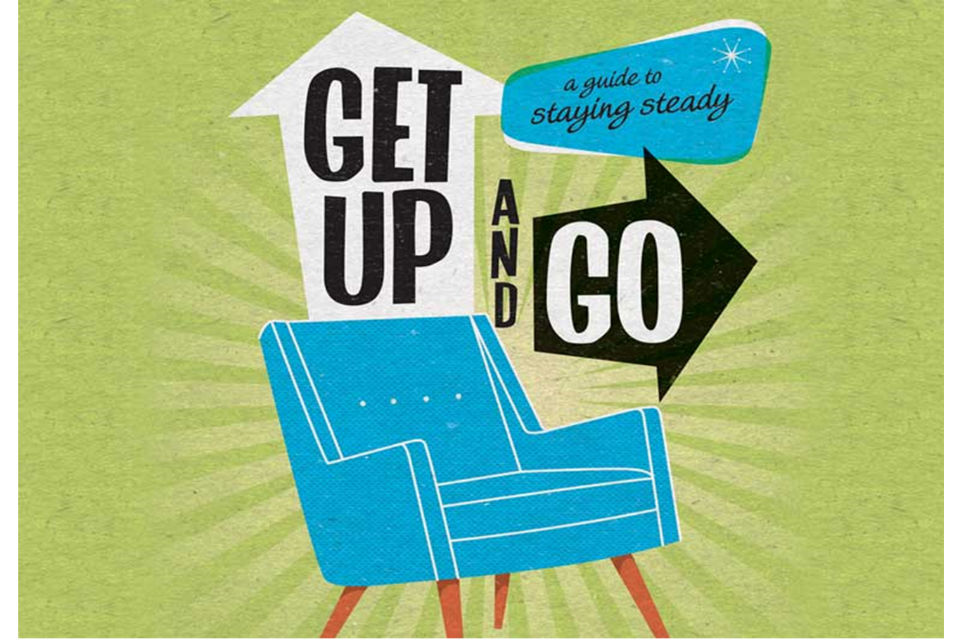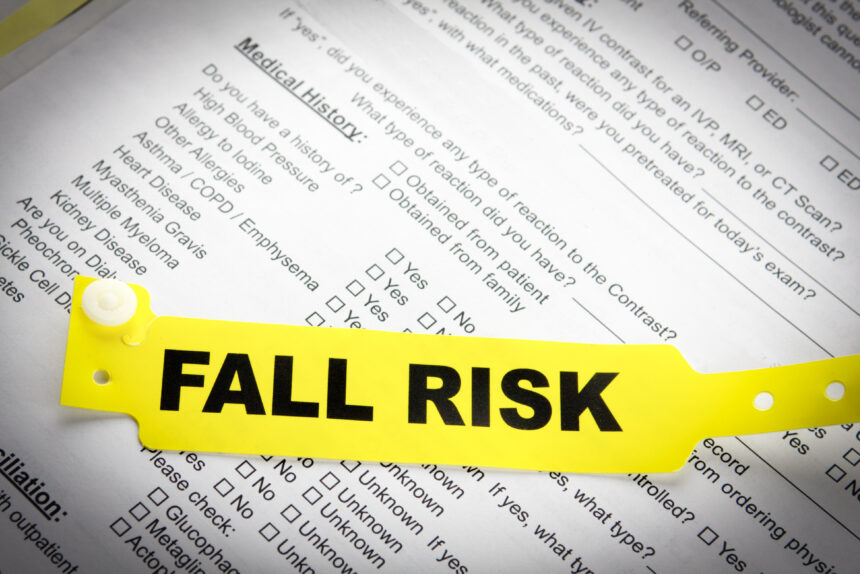The smart Trick of Dementia Fall Risk That Nobody is Discussing
The smart Trick of Dementia Fall Risk That Nobody is Discussing
Blog Article
Not known Factual Statements About Dementia Fall Risk
Table of ContentsDementia Fall Risk for DummiesThe Single Strategy To Use For Dementia Fall RiskDementia Fall Risk Fundamentals ExplainedAbout Dementia Fall RiskThe 15-Second Trick For Dementia Fall Risk
Examining autumn threat aids the whole medical care group create a safer environment for every individual. Make certain that there is a marked location in your medical charting system where team can document/reference ratings and document pertinent notes connected to drop avoidance. The Johns Hopkins Loss Risk Analysis Tool is just one of many devices your staff can use to help protect against negative medical events.Patient falls in hospitals are typical and incapacitating unfavorable events that linger regardless of decades of effort to decrease them. Improving interaction across the assessing registered nurse, care team, person, and individual's most involved buddies and family members might strengthen loss prevention efforts. A group at Brigham and Women's Hospital in Boston, Massachusetts, looked for to establish a standard autumn prevention program that focused around improved interaction and client and family members interaction.

The development team emphasized that effective execution relies on client and personnel buy-in, combination of the program into existing workflows, and fidelity to program procedures. The group kept in mind that they are coming to grips with just how to make sure connection in program execution throughout periods of crisis. Throughout the COVID-19 pandemic, as an example, a rise in inpatient drops was connected with restrictions in patient involvement in addition to limitations on visitation.
Examine This Report about Dementia Fall Risk
These cases are normally considered preventable. To execute the treatment, organizations require the following: Access to Loss TIPS sources Fall ideas training and retraining for nursing and non-nursing personnel, consisting of new registered nurses Nursing workflows that permit patient and family members engagement to carry out the drops assessment, make certain usage of the prevention strategy, and conduct patient-level audits.
The results can be very harmful, commonly accelerating individual decrease and causing longer healthcare facility stays. One research study approximated keeps enhanced an extra 12 in-patient days after a patient fall. The Autumn TIPS Program is based upon engaging clients and their family/loved ones throughout 3 major processes: evaluation, personalized preventative treatments, and bookkeeping to make certain that individuals are participated in the three-step loss prevention process.
The individual assessment is based on the Morse Autumn Range, which is a confirmed loss risk assessment tool for in-patient medical facility setups. The range about his includes the six most common reasons clients in healthcare facilities drop: the person fall history, risky problems (consisting of polypharmacy), use IVs and various other exterior gadgets, mental standing, stride, and wheelchair.
Each risk aspect links with one or even more actionable evidence-based interventions. The nurse produces a plan that integrates the interventions and shows up to the treatment group, person, and household on a laminated poster or printed visual aid. Nurses create the plan while meeting the patient and the patient's family.
6 Easy Facts About Dementia Fall Risk Shown
The poster functions as an interaction device with other participants of the see here individual's care group. Dementia Fall Risk. The audit part of the program includes examining the client's knowledge of their threat aspects and prevention strategy at the system and medical facility degrees. Nurse champions carry out at least 5 private meetings a month with individuals and their families to examine for understanding of the autumn prevention strategy

An approximated 30% of these falls outcome in injuries, which can range in intensity. Unlike various other negative events that require a standard medical response, loss prevention depends very on the requirements of the client.
What Does Dementia Fall Risk Mean?

Based on bookkeeping outcomes, one site had 86% conformity and 2 sites had more than 95% conformity. A cost-benefit analysis of the Autumn TIPS program in eight medical facilities approximated that the program expense $0.88 per client to implement and caused cost savings of $8,500 per 1000 patient-days in direct expenses related to the avoidance of 567 tips over three years and 8 months.
According to the development group, companies interested in applying the program ought to conduct a readiness evaluation and drops avoidance gaps analysis. 8 Furthermore, organizations ought to ensure the needed facilities and process for implementation and develop an application plan. If one exists, the organization's Fall Prevention Task Pressure should be included in preparation.
The Buzz on Dementia Fall Risk
To begin, companies must make certain conclusion of training components by registered nurses and nursing aides - Dementia Fall Risk. Healthcare facility personnel ought to evaluate, based on the needs of a hospital, whether to utilize a digital wellness document hard copy or paper version of the fall prevention plan. Implementing groups must recruit and train nurse champions and establish processes for auditing and coverage on fall information
Personnel need to be associated with the process of redesigning the workflow to engage clients and household in the assessment and avoidance plan procedure. Equipment must remain in area to make sure that devices can comprehend why an autumn happened and remediate the cause. A lot more particularly, nurses must have channels to give recurring comments to both personnel and system leadership so they can adjust and improve fall prevention workflows and connect systemic issues.
Report this page